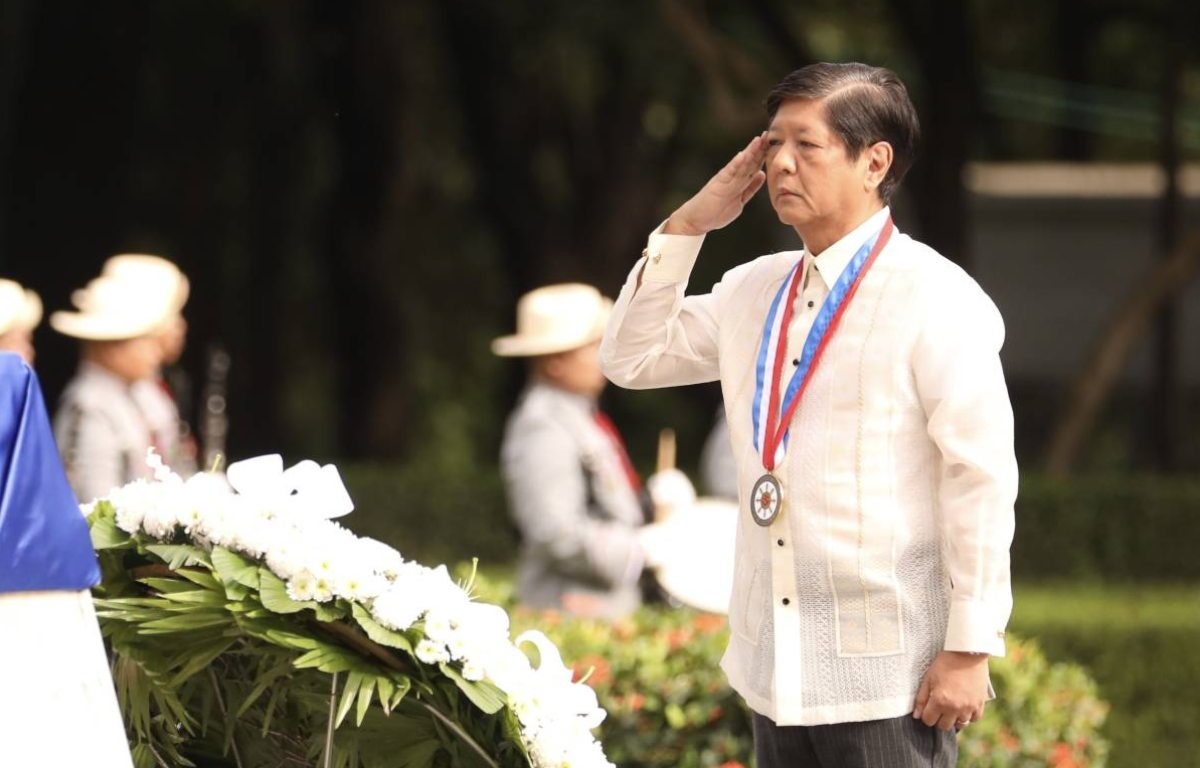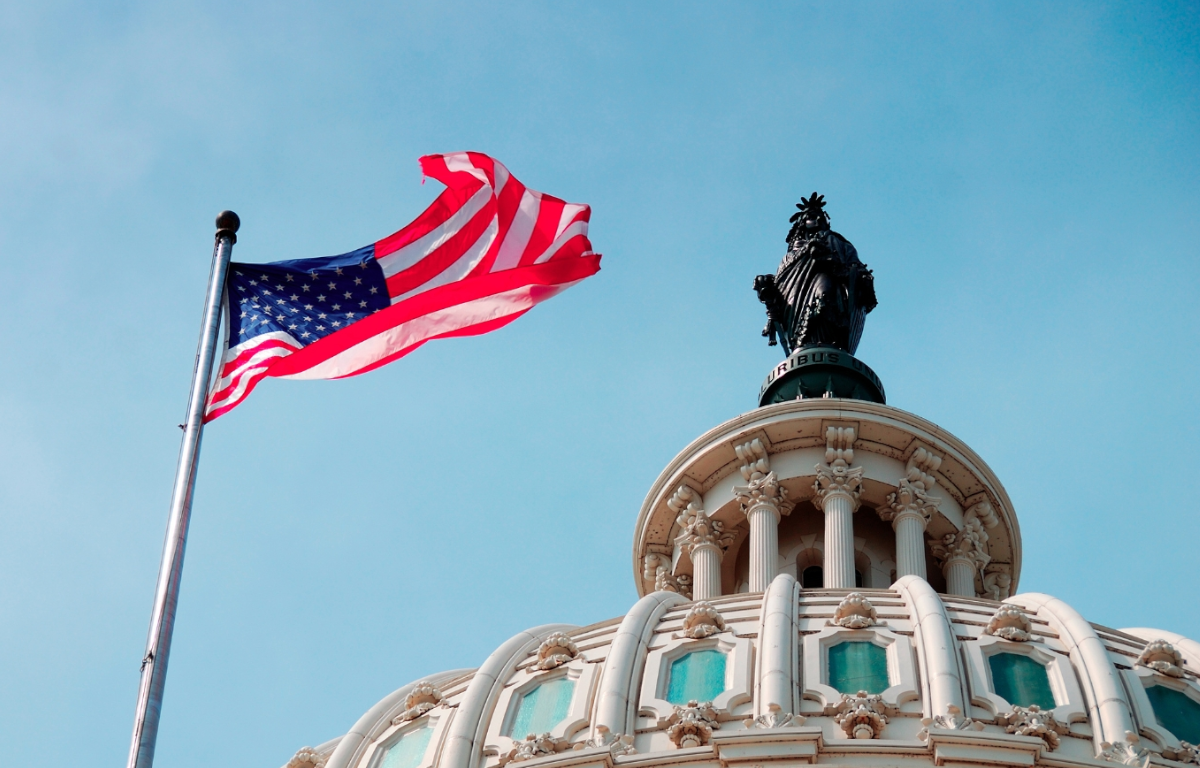
The origins of the US-Japan alliance can be traced back to the aftermath of World War II when Japan, under American occupation, underwent a profound transformation into a democratic nation. The establishment of the U.S.-Japan Security Treaty in 1951 marked the formalization of a strategic partnership that has endured for over seven decades.
The foundation of this alliance rests upon shared values, common security interests, and a history of robust economic cooperation. Both nations highly value democracy, human rights, and the rule of law. Economically, they have nurtured long-standing trade ties, with Japan ranking among the United States’ most significant trading partners.
In recent years, China’s rapid economic ascent and military modernization have altered the power dynamics in Asia. China’s assertive actions in the South China Sea, territorial disputes, and military enhancements have raised concerns among neighboring nations. Consequently, the United States and Japan have felt compelled to recalibrate and reinforce their alliance.
The security aspect of the US-Japan alliance has become increasingly vital. Both nations have engaged in joint military exercises and bolstered defense cooperation, particularly by enhancing Japan’s defense capabilities. The United States has unequivocally reiterated its commitment to defend Japan against any aggression, serving as a clear deterrent against provocative actions from Beijing.
Recognizing the necessity of forming a broader coalition to manage China’s rise, the United States and Japan have sought to cultivate relationships with other regional powers. Initiatives such as the Quad, comprising the United States, Japan, India, and Australia, underscore the alliance’s commitment to preserving a free and open Indo-Pacific region.
Economic ties between the United States and Japan have also evolved. Both nations have collaboratively addressed shared economic challenges, including trade imbalances and the protection of intellectual property rights. Moreover, they have jointly embraced technology and innovation to maintain their competitive edge in an ever-evolving global economy.
While the US-Japan alliance has grown stronger in response to China’s assertiveness, it faces its share of challenges. Navigating the delicate balance between competition and cooperation with Beijing is a persistent concern. Furthermore, domestic political considerations in both the United States and Japan can influence the alliance’s future course.
In a world where China’s influence continues to expand, the US-Japan alliance stands as a linchpin for regional stability and the defense of shared values. This enduring partnership has adapted to contemporary challenges while reaffirming its commitment to a free and open Indo-Pacific. As global uncertainties persist, the US-Japan alliance serves as a beacon of stability and cooperation, underscoring the capacity of like-minded nations to collaborate in addressing pressing global issues.










Share this: